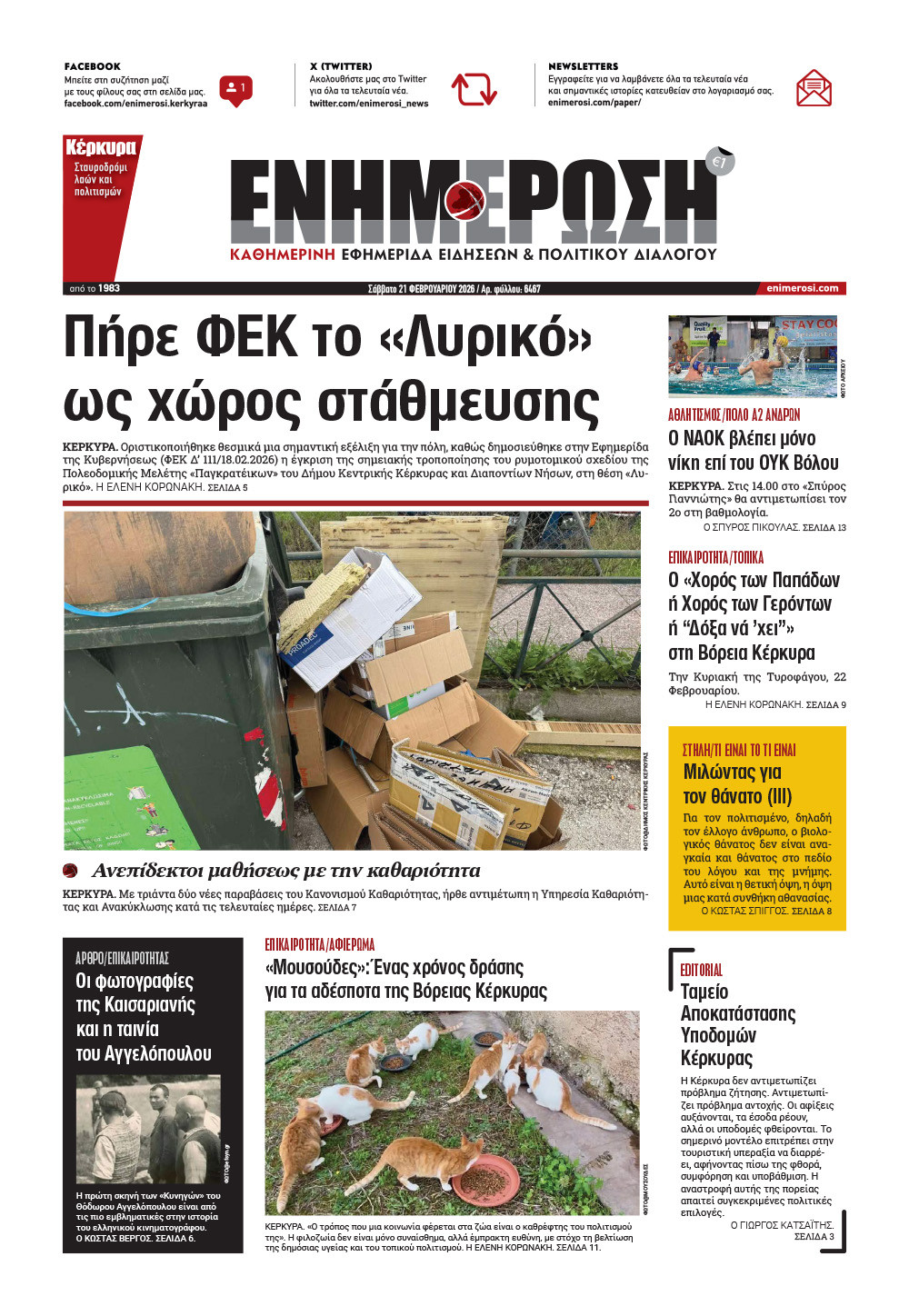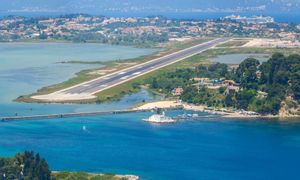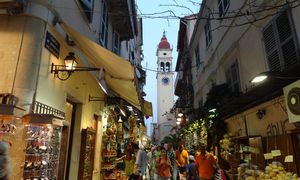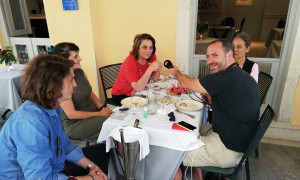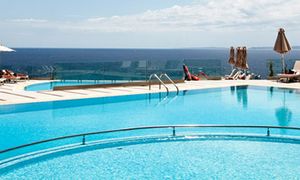Corfu Tourism: Issues and prospects
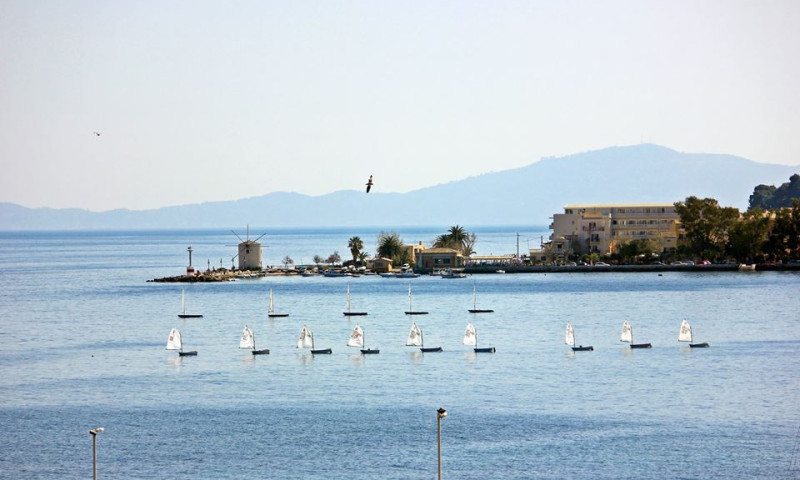
CORFU. Exactly 5 years ago this week a public meeting was held at the Ionian Academy in town where Dr Heather Skinner, who had been a regular tourist to Corfu, was one of the speakers who gave a presentation on the future of tourism on the island. Where are we now, five years later?
Unfortunately, there remain many problems facing tourism development on Corfu. But some of the problems are shared with many other Greek coastal and island destinations, and many other tourism destinations around the Mediterranean. As identified in a recent article in the journal Γεωγραφίες (Geographies), these problems include:
A “decline in tourist numbers from former key source markets combined with a decline in tourist spend from mass tourism options; a growth in all-inclusive tourism product offerings; a decreasing tourist season in many resorts; and an over-reliance on tour operators with low rental fees paid by operators to accommodation providers. This forces place managers to consider the need to refresh and revitalise destination offerings and destination infrastructure, with an attendant need for re-branding & re-positioning to improve the place brand image in order to attract higher-spending ‘middle-market’ independent tourists ….. the mass tourism model developed along the Greek coastal and particularly its island regions ….. developing into models of All-Inclusive enclavic resorts, is requiring a re-think into the sustainability of such tourism models and what could be a more appropriate, responsible, and sustainable focus for the future” (Skinner, 2017).
The Greek government’s national tourism policy is focusing on key areas such as:
· Boosting domestic tourism
· Enhancing the quality of special and alternative forms of tourism (including medical tourism; cultural tourism; and ecological tourism)
· Supporting Small and Medium sized Tourism Enterprises
· Moving away from the current mass tourism model, in particular, challenging the continued growth of All-Inclusive enclave tourism
Corfu has also now developed its own new strategic tourism plan “Odysseus Hospitality” and is exploring the potential to establish a Destination Marketing Organisation.
However, it seems necessary that Corfu, along with other similar Mediterranean destinations, still need to gain a deeper understanding of some of the following issues:
· “How the destination image is created, communicated and consumed (especially via new media channels);
· How the destination is viewed by both current and potential new markets;
· How both current and new tourist markets are viewed by the hosts;
· How to move away from the mass tourism / AI model towards more sustainable forms of tourism, including:
· Domestic tourism
· Special Interest Tourism
· How small and medium sized tourism enterprises can leverage the advantages of online and new media to grow their businesses through disintermediating the supply chain - moving away from the dominance and control of tour operators, and towards direct supply;
· How best to do this in a way that preserves rather than harms the destination’s cultural, social, economic and ecological environments” (Skinner, 2017).
Dr Heather Skinner is now based in Corfu, following a 15 year academic career in the UK. Each year since 2014 she has also chaired the Corfu Symposium on Managing & Marketing Places. The 5th Symposium will take place 16-19 April. This year during the week of the Symposium an Open Business Forum will be held, organised together with partner organization 'Green Corfu'. At the Forum local tourism businesses will have the opportunity to interact with the academic delegates.
Heather is Chair of the Institute of Place Management’s Responsible Tourism SIG; Co-chair of the Academy of Marketing’s Place Marketing & Branding SIG; a founding member of the International Place Branding Association. Her research interests are into place management and marketing, and responsible tourism. Heather’s work has been published in journals including the Journal of Place Management and Development, Place Branding and Public Diplomacy, International Journal of Tourism Research, Journal of Brand Management, and the Journal of Marketing Management. Her latest research on these issues can be read in the following publication:
Skinner, H. (2017) “Ήλιος, θάλασσα, άμμος και σεξ: προβλήματα με το ελληνικό μοντέλο μαζικού τουρισμού” (‘Sun, Sea, Sand and Sex: Problems with the mass tourism model’) Γεωγραφίες (Geographies), ΤΕΥΧΟΣ 30, ΧΕΙΜΩΝΑΣ 2017 (No. 30, Winter 2017), ΑΦΙΕΡΩΜΑ: ΤΑΥΤΟΤΗΤΑ, ΜΑΡΚΕΤΙΓΚ ΚΑΙ BRANDING ΤΟΠΩΝ (special issue on Identity, Marketing & Branding of places)



